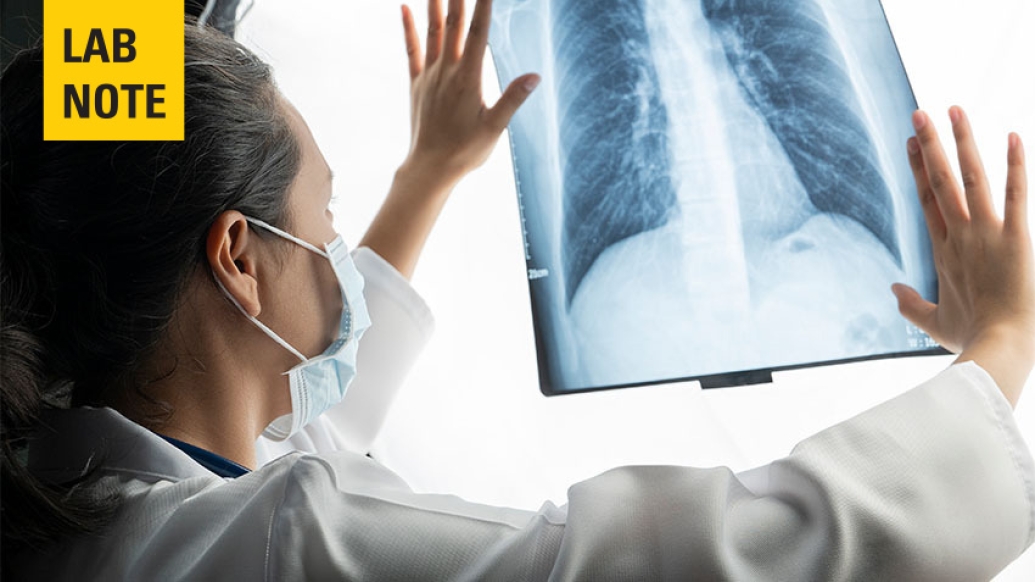By raising awareness about the correlation between increased radiation exposure and cardiac events, average doses were reduced without minimizing cancer treatment.
1:01 PM
Author |

Radiation to the heart during treatment for locally advanced lung cancer is associated with an increased risk of major adverse cardiac events within the first two years following treatment. The higher the cardiac dose exposure, the higher the risk of a cardiac event.
A team at the University of Michigan Health Rogel Cancer Center, in partnership with the statewide Michigan Radiation Oncology Quality Consortium, or MROQC, lung cancer collaborative, co-led by Shruti Jolly, M.D., and Peter Paximadis, M.D., of Spectrum Health Lakeland in St. Joseph, Michigan, found that raising awareness about the risk of radiation exposure to the heart and standardizing cardiac exposure limits reduced the average dose to the heart by 15% and reduced the number of patients receiving the highest heart doses by half without minimizing tumor treatment or increasing dosage to other at-risk organs in the chest.
The study, featured in Practical Radiation Oncology, assessed the effectiveness of this education across MROQC. The statewide consortium is a comprehensive clinical and physics database to support quality improvement throughout Michigan, funded through support from Blue Cross Blue Shield of Michigan and Blue Care Network as part of the BCBSM Value Partnerships Program.
The educational program involved spreading awareness of new data coming out about cardiac radiation exposure in NSCLC patients and adjusting cardiac goals within MROQC accordingly. Daniel Herr, M.D., Ph.D., radiation oncology resident and first author of this study, says that increased education and awareness regarding the implication of radiation to the heart had a meaningful impact on clinical practice.
"This study is evidence that relatively simple interventions, when properly targeted, can be effective at improving patient care," Herr said. "It's more evidence that having a large quality consortium like MROQC is a real advantage in terms of improving the quality of care that patients throughout the state of Michigan receive."
Additional authors include Kim A. Hochstedler, M.S., Huiying Yin, M.S., Robert T. Dess, M.D., Martha Matuszak, Ph.D., Margaret Grubb, M.S., Michael Dominello, M.D., Benjamin Movsas, M.D., Larry L. Kestin, M.D., Derek Bergsma, M.D., Aleksandar F. Dragovic, M.D., Inga S. Grills, M.D., James A. Hayman, M.D., Peter Paximadis, M.D., Matthew Schipper, Ph.D., Shruti Jolly, M.D.
Paper cited: "Effect of Education and Standardization of Cardiac Dose Constraints on Heart Dose in Patients With Lung Cancer Receiving Definitive Radiation Therapy Across a Statewide Consortium," Practical Radiation Oncology. DOI: 10.1016/j.prro.2022.01.002

Explore a variety of health care news & stories by visiting the Health Lab home page for more articles.

Department of Communication at Michigan Medicine
Want top health & research news weekly? Sign up for Health Lab’s newsletters today!





